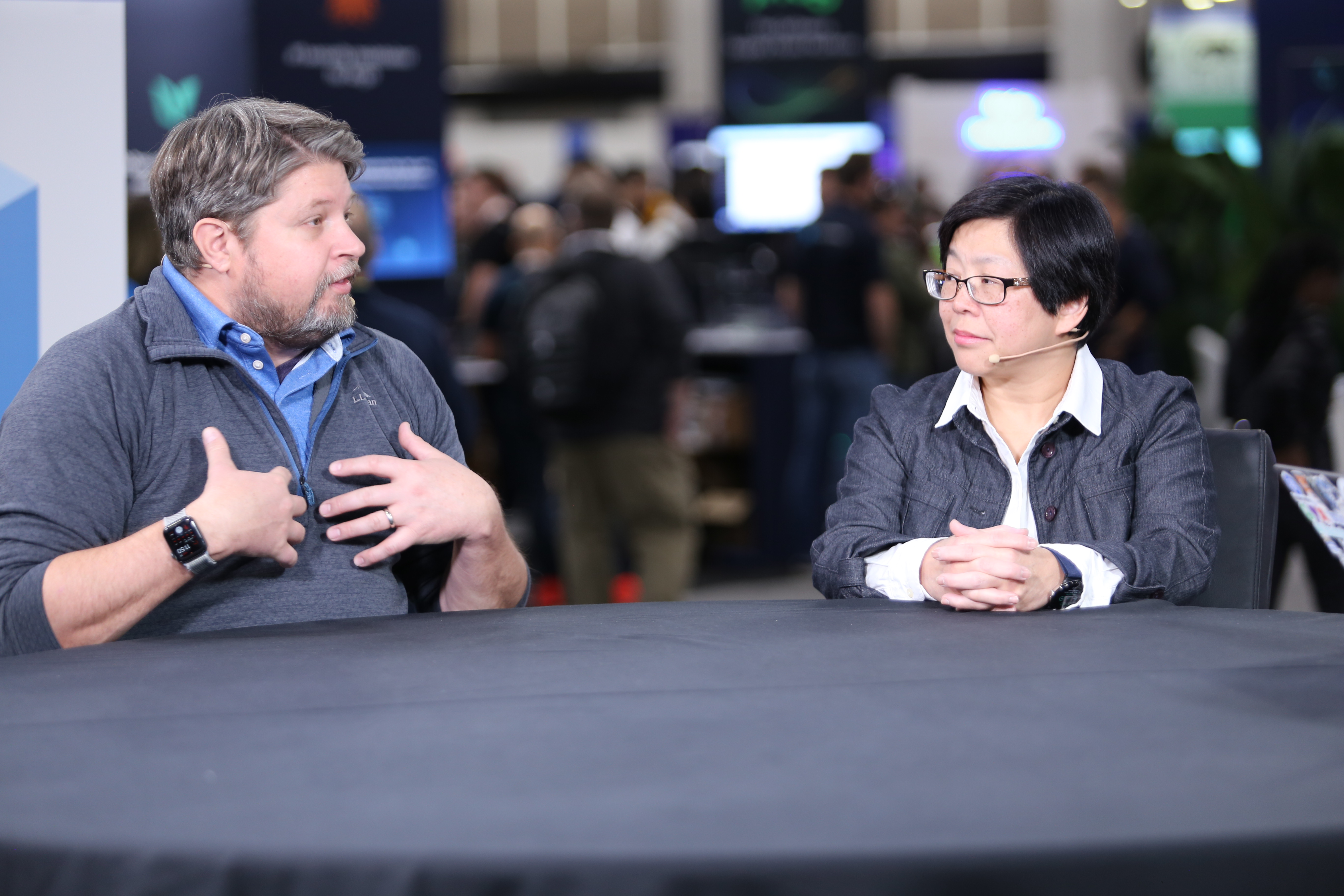Siliconangle
4w
53

Image Credit: Siliconangle
Three insights you might have missed from KubeCon + CloudNativeCon NA
- Artificial intelligence is driving innovation in cloud-native technologies, streamlining processes and enhancing decision-making across industries.
- Automation and innovation remains central to unlocking Kubernetes' full potential, according to Mike Barrett, vice president and general manager of hybrid cloud platforms at Red Hat Inc.
- Kubernetes AI advancements play a pivotal role in enhancing scalability and flexibility for AI workloads, with Nutanix Inc and MinIO Inc offering scalable and secure AI infrastructure.
- Open-source ecosystems continue to be the foundation of innovation in Kubernetes AI, enabling organizations to scale solutions while fostering collaboration across industries.
- Enterprises are embracing advanced tools to transform legacy systems and drive operational efficiency, with Red Hat's enhanced OpenShift Virtualization platform providing hybrid cloud solutions.
- Kubernetes AI models are being used to efficiently queue tasks across multiple cloud environments, as modern observability tools identify inefficiencies and help identify significant cost savings for enterprises.
- Recent upgrades to Google Kubernetes Engine have expanded its capacity to support clusters of up to 65,000 nodes, meeting the scalability needs of modern AI applications.
- Intel Corp's Open Platform for Enterprise AI provides a vendor-neutral framework that integrates more than 30 cloud-native microservices, allowing customized AI applications with single-click deployment.
- Oracle Corp's contributions to the Cloud Native Computing Foundation further emphasize the critical role of Kubernetes AI in advancing generative models and simplifying service launches, prioritizing cross-sector collaboration and innovation.
- Red Hat is driving Kubernetes AI innovation through its collaborative Kubernetes solutions to create accessible, cost-effective tools for domain-specific applications and addressing the challenges of deploying, scaling AI workloads.
Read Full Article
3 Likes
For uninterrupted reading, download the app